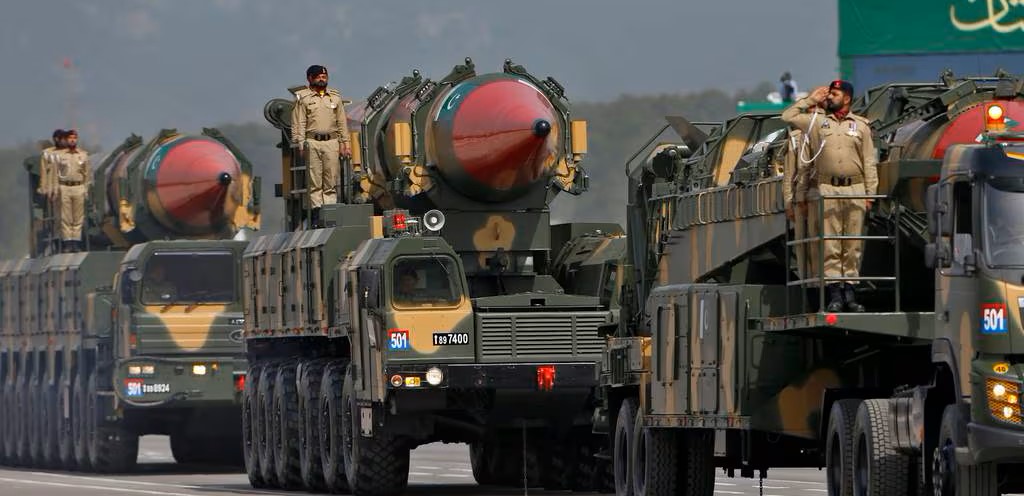The United States Bureau of Industry and Security (BIS) has placed over a dozen Pakistani companies on its Entity List for their roles in “unsafeguarded” nuclear activities.
In contrast, seven others face restrictions for supporting Pakistan’s ballistic missile program. Announced on April 8, 2025, via the US Federal Register, these measures also affect 70 entities across China, Iran, South Africa, and the UAE under updated Export Administration Regulations (EAR).
The BIS flagged firms like Britlite Engineering, Indentech International, and Rehman Engineering for nuclear-related work, Allied Business Concerns, Global Traders, and Linkers Automation for missile contributions. Based in cities like Islamabad, Karachi, and Lahore, these companies now face tight limits on US technology access, requiring special licenses for exports and transfers. The US claims they threaten national security and foreign policy interests.
Pakistan Pushes Back Amid Strained Ties
Pakistan’s Foreign Ministry hit back, calling the sanctions “unfair” and politically driven. Spokesperson Shafqat Ali Khan argued that they hinder global export goals and block access to vital technology for development. Tensions with the US have simmered since the 2021 Afghanistan withdrawal, worsened last week by a 29% US tariff on Pakistani imports, a blow to its $17 billion textile sector. Pakistan plans a high-level delegation to Washington to negotiate, hoping to turn trade friction into opportunity.
Read: U.S. Imposes Additional Sanctions on Entities Linked to Pakistan’s Ballistic Missile Program
This isn’t the first clash. In December 2023, the US sanctioned Pakistan’s National Development Complex and Karachi firms, moves Pakistan decried as baseless. The ministry insists its strategic programs safeguard sovereignty and regional stability, not aggression. Analysts see these sanctions as part of a broader US effort to curb proliferation, though Pakistan views them as punitive and counterproductive.






